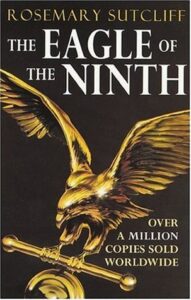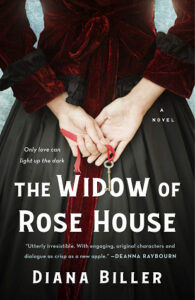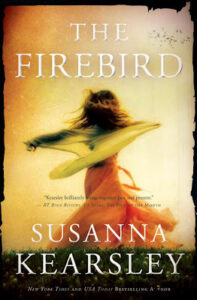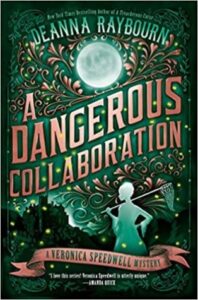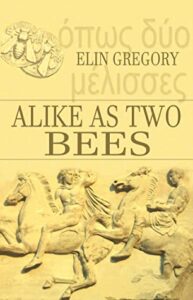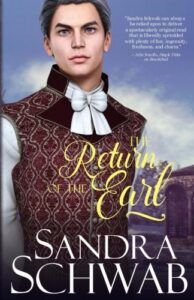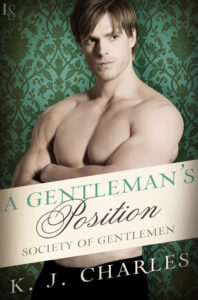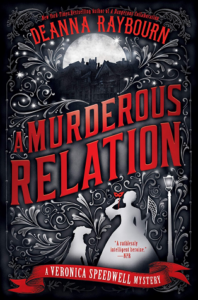 Murderous Relation, Deanna Raybourn
Murderous Relation, Deanna Raybourn
This review is inevitably spoilery for certain things, so look away now if you want to be unspoiled — I couldn’t think of a way to comment on some of this book without spoilers.
I was wondering what Raybourn would do now that the will-they-won’t-they potential should, in theory, be over with after the ending of the last book. Turns out, it’s actually “go straight into another book with very little time difference, meaning they haven’t had chance to consummate their relationship… and they’ll dither for another book about whether they’re going to do it or not”. Granted, that does give her chance for a good payoff scene near the end which is everything you need for the couple getting together; anything else might have felt a bit flat.
In the meantime, the plot goes ahead and entangles Veronica further with the Royal Family and even Jack the Ripper (of course, given the era). It barrels along at a cracking pace, of course, with some anxious moments for certain characters, and the inevitable emotional complexities of Veronica’s every interaction with any member of her family. I enjoyed it a lot, and raced through the book.
I don’t know if maybe the shine isn’t wearing off a little on this series for me, though. Not because the main characters are together, but just because it’s ever more unrealistic for Veronica to be this deeply entangled in the Royal Family’s affairs, and this trusted to untangle them without question… without much payoff, on her part. I kind of want her and Stoker to tell ’em to sod off, and ride off into the sunset. Somewhere that Veronica can catch butterflies and also screw Stoker silly on the regular, since that’s what she really wants.
Not that I’m stopping reading the series in the least — it’s highly entertaining. but I hope Veronica gets some payoff for her tireless efforts on the behalf of a family who regard her existence as an embarrassment and will never give her any official recognition whatsoever.


